We are excited to welcome the Grammy-winning pianist and arranger, Bill Cunliffe to the Side Door on March 1. You can follow this link for more info and tickets to what promises to be one of the best jazz shows of the year.
Leading up to that show, I’m going to be sharing some of Bill’s blog items with you. In this one, Bill picks his Top 10 Jazz Pianists of all time and adds ten more who also deserve consideration. See what you think.
By Bill Cunliffe

Bill Cunliffe
In the spirit of Anthony Tommasini of the New York Times, I’ve decided, just for fun, to take a crack at the 10 greatest jazz pianists of all time. Greatest can mean most popular, or it can mean the most important in the development of the music. I have considered both in relatively equal measure in coming up with my list. Erroll Garner was one of the most popular and is in my own top 10 of favorites, but he’s not in my top 10 in terms of importance. Cecil Taylor and Paul Bley are certainly contenders for the top 10 in importance, but not in popularity. I have given a slight preference to pianists who are great composers, as what is improvisation but composition on the fly? And I’m limiting this to jazz with a swing perspective. Then I don’t have to deal with Eddie Palmieri (whew) or any of the great Latin jazz artists.
Here’s what I think.
# 1 Art Tatum
This shouldn’t be a surprise. He took the legacy of Fats Waller completely to its outer limits and combined it with a virtuoso technique and a harmonic and rhythmic imagination not excelled by any jazz pianist since. And he was almost completely blind, to boot. If I had to pick one desert-island pianist, it would be Tatum.
#2 (tie) Bill Evans
Everyone who plays a ballad plays some Bill Evans, but his influence was so much more than that. He was one of the greatest composers of jazz standards and perhaps the most important interpreter of jazz standards from the Great American Songbook. And a multiple reinventer of the piano trio, first with LaFaro and Motian, then with Gomez and Morell, and last with Johnson and La Barbera. Evans took George Russell’s important harmonic theories, part of the structure of Miles’ “Kind of Blue,” and made them jazz piano mainstream, and incredibly beautiful. In addition, he was one of the first jazz pianists to bring the sonorities and aesthetics of classical music to jazz. He pretty much played only trio and solo, and, like Jamal, that was part of his genius, to know himself, what he wanted to do and should do2 (tie) Bill Evans
#2. (tie) Herbie Hancock
This is also a no-brainer for the top 10, and, in my mind, he is the equal of Evans in influence. He is one of the great composers of jazz, from both popular and artistic perspectives. As a player, he is one of the truly great “compers” and is a true innovator as a soloist, in his ability to synthesize a creative vision out of merging hard bop and European classical music. And probably the greatest quintet pianist ever, in the greatest quintets of jazz: those of Miles Davis. As a leader, he had many triumphs, the early Blue Notes and the jazz/funk experiments of the ’70s probably being the most significant. Hancock is one of the most collaborative artists as well, and brings his sensitivities to many pop artists. Results are sometimes mixed, but that’s what happens when you’re an improviser, and Hancock has always embraced chance-taking. His use of electronics in jazz was pioneering, and often wonderfully innovative and satisfying.
#4 Bud Powell
If not underrated, definitely underappreciated because of his personal struggles and uneven recorded output. Bud Powell created a piano idiom completely parallel with that of the great Charlie Parker, but completely original. We all play the way we play now largely because of Bud, the first piano master of the modern improvised line. And a major composer as well.
#5 Thelonious Monk
Another of the easy ones to pick. Probably in the top five of most performed jazz composers, with an utterly original style grounded in the Harlem piano school but escaping to the outermost regions of logic and structure. He completely exemplified modernism within the bebop school, in an idiom melodically often quite separate from that of his close friend Bud Powell, who showed much of Monk’s influence in his own work. His style echoes in all great pianists today.
#6 Keith Jarrett
One of the most spectacularly accomplished musicians of all time, Jarrett has made fine recordings of Bach, Shostakovich and Lou Harrison, some of the greatest jazz trio records ever, the wonderful European quartet recordings with Jan Garbarek, and the record “Spirits,” on which he overdubs himself on ethnic flutes, voice, soprano saxophone, guitar and percussion instruments. Furthermore, Jarrett invented a new genre of solo piano playing with events like the Köln Concert after he had shown complete mastery and individuality within traditional solo piano jazz and gospel music with the album “Facing You.” And that’s in addition to his contributions to Miles Davis’ groundbreaking ’60s and ’70s music.
#7 Fats Waller
Waller is the complete culmination of the Harlem stride piano school — the most important development of early jazz piano — and a great technical player and creative improviser. Jelly Roll Morton was important both as a composer and as a pianist, but Fats took it to the ultimate place. In my mind, James P. Johnson was a worthy rival and a fine composer as well. But if you have to pick one guy, Fats wins hands down, especially given his tremendous popularity as a bandleader and singer. And you wouldn’t have Tatum without Waller, as Tatum sometimes said. “Fats, that’s where I come from.” Sadly, a way-too-short career.
#8 McCoy Tyner
Technically among the most proficient of the post-bop generation, Tyner developed, largely during his work with John Coltrane, a completely original style of harmony and melody that has affected almost all pianists since. A brilliant sideman with the great John Coltrane, he later led many wonderful groups that kept the flame alive. A compelling composer as well, McCoy would have been known as a major talent just for the first five or six records he recorded as a leader for Impulse.
#9 Chick Corea
Another amazing musician’s musician, Corea has ranged from delicate quasi-classical solo piano and chamber music to some of the greatest jazz trio music of all time (“Now He Sings, Now He Sobs”), to wonderfully free-spirited duo projects with Herbie Hancock, to compelling Brazilian-influenced jazz, to pioneering jazz-rock-fusion. Although some find the latter category uneven in inspiration, it’s hard to argue that Chick isn’t the most dexterous and soulful lead synth player on the planet. Chick has his imitators these days, but far fewer than when I was in music school. Nevertheless, he remains, today, an astoundingly great pianist.
#10 Ahmad Jamal
When I was at Eastman, I was a member of the Sonny Clark school (he would be in my top 20 on this list and in my personal top 10). We would just say his name and ooh and ahh. Same with Ahmad Jamal. Important, absolutely. Miles stole much from Ahmad, especially his use of space and time, and Ahmad’s rejection of traditional hard bop was a revolutionary statement worthy of Monk. His ’70s output of electric jazz is solid and interesting, but not compelling like his acoustic music, and he’s a fine composer, but not on the level of some of the others. Yet if you want to elect a guy with a magnificent technique and an artistic conception, who practically invented the modern piano trio, you have to give Ahmad the vote. And this guy, at 82, still can play 90 minutes of music that an audience has largely never heard before, and at the end they are screaming and standing and applauding rapturously, and it’s not cheap or bombastic or shallow. His use of space, sound and texture are unique. He has always done his own thing and not been much of a collaborator, and that’s perhaps why he’s only #10.
Pianists on the edge
Oscar Peterson
I struggled with this one. Certainly one of the most popular. But important? I think so. He was technically the greatest pianist of his time, had a ballad touch and swing feel that were completely his own, and was a major figure in the development of the piano trio. The knock on him has always been the lapse into cliché in the improvising, and I sadly have to agree. Tatum had his stock phrases too, but the breathtaking creativity of it all made it work for me. But it remains that Oscar’s pianism is near flawless in execution and swing, and full of passion. And he has many, many followers. My favorite pianist in my formative years.
Duke Ellington
Probably the most important composer in jazz, Duke was also one of the most important and innovative pianists. He made the transition from Fats Waller-era Harlem piano to avant-garde piano minimalism effortlessly; every big band pianist has to go through him and Bill “Count” Basie. It seems to me you wouldn’t have Monk without Duke, even though Monk rarely cited him as an influence. His few trio records, such as “Money Jungle,” are revelatory. With some misgivings, we place the Duke “on the edge.” But we love him madly.
Brad Mehldau
Brad has captured the imagination of the jazz press, and of the public as well, with his marvelous trio records and strikingly creative solo piano playing. I really enjoy the collaborative records as well, such as those with Pat Metheny. A true innovator harmonically, rhythmically and melodically, Mehldau may crack the top 10 as time passes.Near misses
Nat “King” Cole
Easily the greatest of the transitional pianists from the swing to the bebop era, and perhaps the inventor of the modern piano trio (with guitar and bass). Because Cole left serious instrumental jazz in the ’50s, we leave him off the list, with a reluctant sigh.
Teddy Wilson
Along with Count Basie, perhaps the most important pianist in the swing era, inspiring a whole raft of imitators and innovators such as Jess Stacy, Joe Bushkin and Mel Powell. To me, not a major innovator on the level of the top 10, although I’d accept some arguments on this issue. His touch and style were unique and unsurpassed.
Tommy Flanagan
The most lyrical and personal of the post-Powell generation, he spent much of his career as accompanist for the great Ella Fitzgerald. But his presence on the scene was always felt as an important sideman and as a leader of one of the greatest trios in jazz for about 30 years.
Hank Jones
Often mentioned in the same breath as Tommy, Jones was an astoundingly great solo and trio pianist, with a distinctive sound, and is regarded as an important transitional figure from swing to bebop. He dabbled in modernism, with an arranger’s touch, and is more consistently good, in my opinion, than any pianist, dead or alive. Manny Albam once said, “There’s no jam that Henry can’t get himself out of.” And do it with style.
Erroll Garner
During his lifetime, the most popular jazz pianist alive, a great composer (“Misty”) and a completely distinctive sound as a solo and trio pianist, with unrivaled octave technique and a unique “four-on-the-floor” left hand and time feel. After his passing, it seems that no one mentioned his name, at least not in music schools. But remnants of his wonderfully fun and enjoyable style remained, in pianists such as George Shearing. Definitely in my top 10 “most enjoyable” pianists to listen to. And people still love him.
Sonny Clark
Hampered by a lifestyle that triggered a premature demise, Clark fell into obscurity in the ‘70s, but his reputation has been refurbished by the reissuing of all of his Blue Note output, which is amazingly good and consistent. Equally great as a trio and a quartet/quintet pianist, he was an inspired soloist and a great comper. Frank Morgan told me he kept both Carl Perkins and Clark in his band, because he loved Perkins’ comping and Clark’s soloing. When Clark complained about the bread being low, Morgan told him, man, get your comping together. And he did!
Wynton Kelly
Another of Clark’s generation, Kelly turned in marvelously swinging trio, quartet and quintet records and was a major contributor to Miles Davis’ late-’50s ensembles. Wish he had lived longer too.
Dave Brubeck
A fine pianist and bandleader, Brubeck has also been a true innovator as a composer. I was slow to warm to Brubeck’s greatness as a pianist, but when you listen to Dave the way you might listen to Monk, it all makes marvelous sense. He brought out the best in his sidemen, particularly the underrated (these days) Paul Desmond, and has been a great advocate of swinging yet innovative jazz.

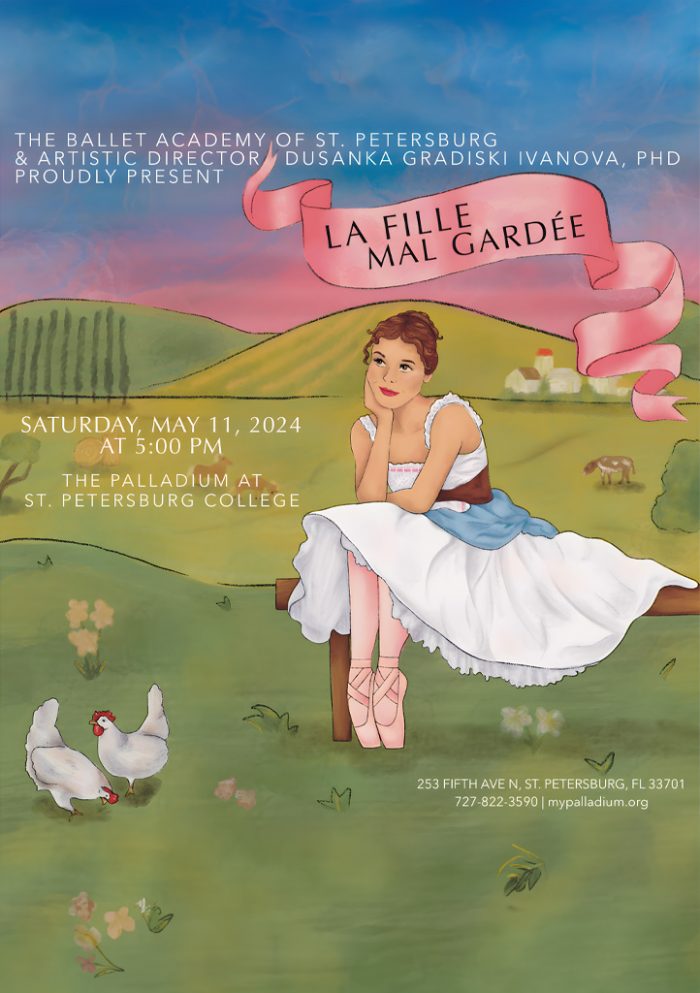
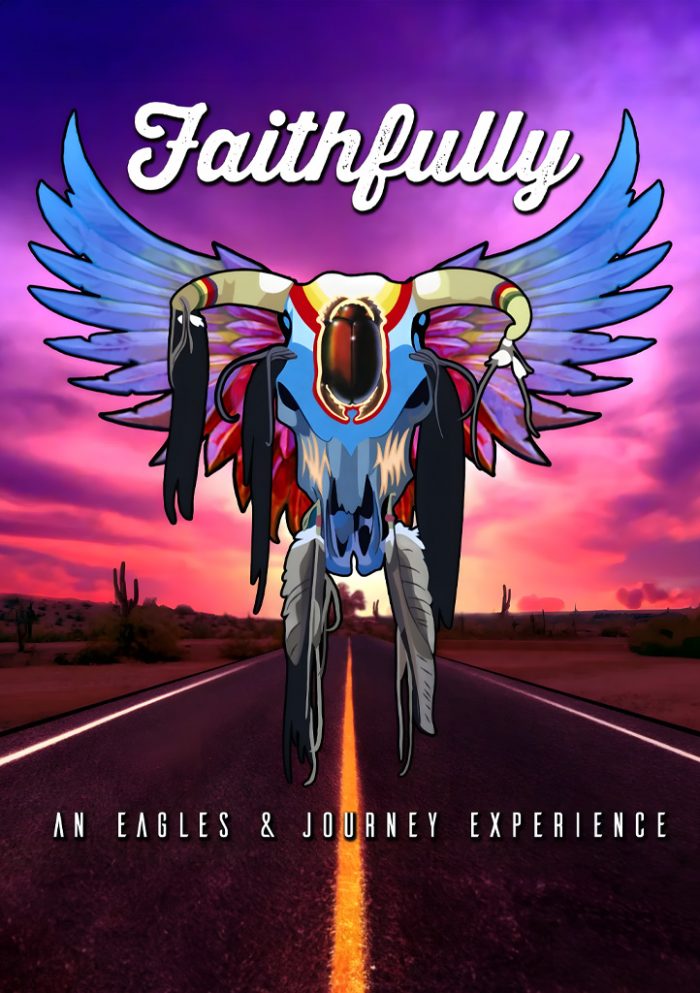
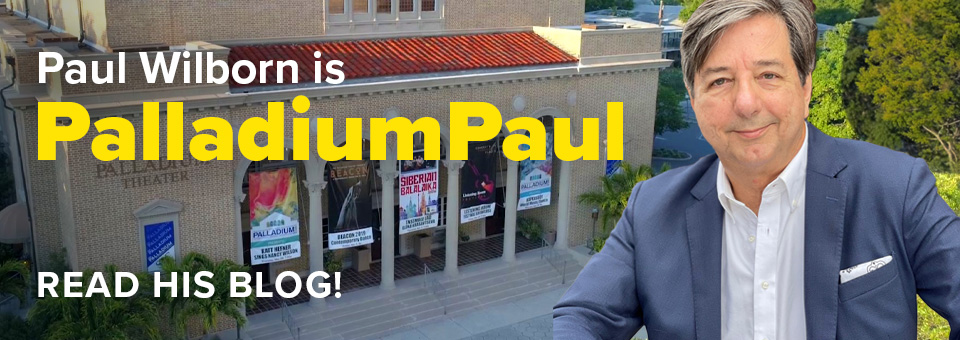
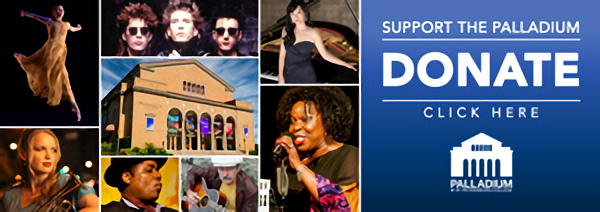

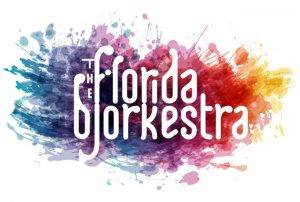
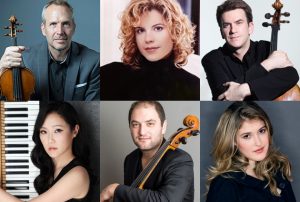
Leave a Reply